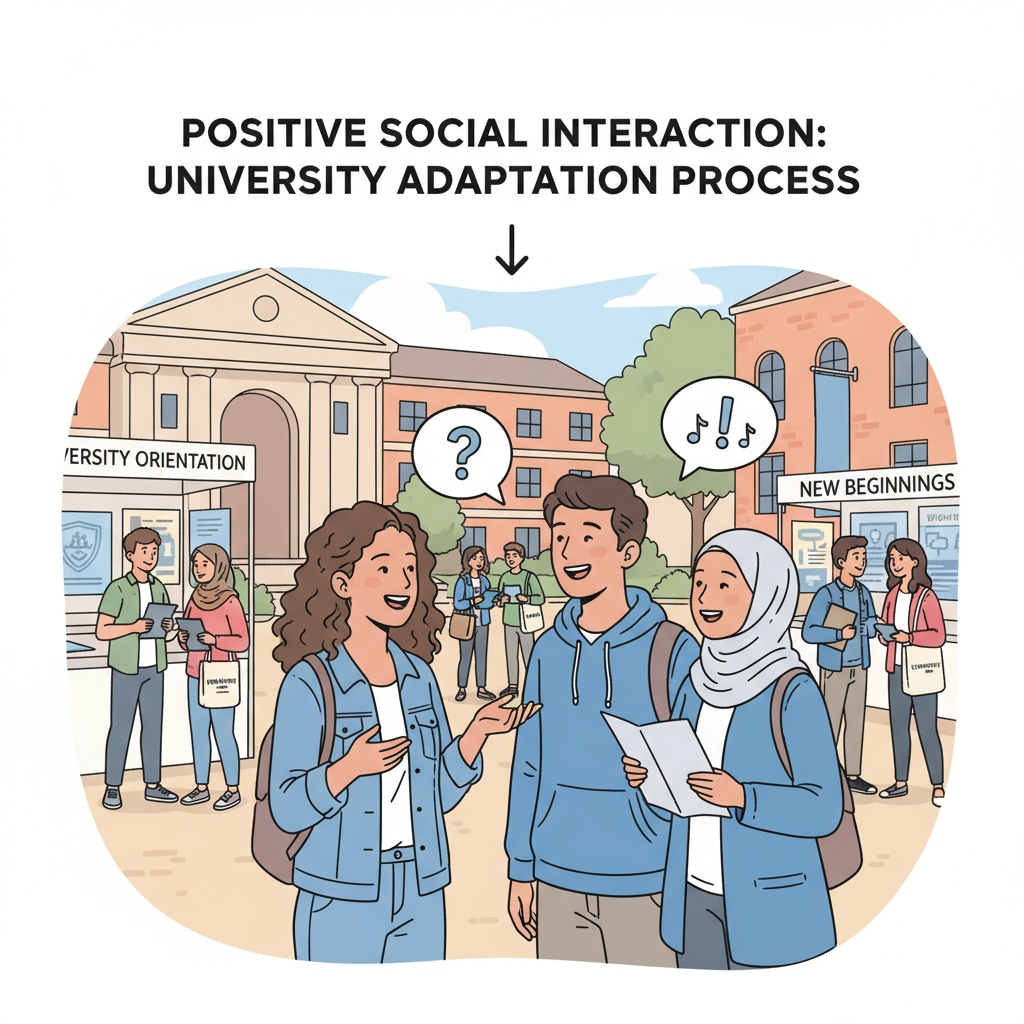The transition from home education during high school to an offline university environment is a significant journey filled with both challenges and opportunities in terms of home schooling, high school, and university adaptation. For students who have been educated at home, this shift can be particularly profound.

The Social Adaptation Hurdles
One of the most immediate challenges home-schooled high school students encounter when entering university is social adaptation. Unlike their peers who have gone through traditional high school settings, home-schooled students may have had limited exposure to large social groups. For example, in a traditional high school, students interact with classmates daily in classrooms, hallways, and during extracurricular activities. In contrast, home-schooled students often study in a more isolated environment. As a result, making friends and fitting into the university social scene can be daunting. They may struggle to initiate conversations, join clubs, or participate in group activities. However, universities offer numerous opportunities for social integration. There are orientation programs designed to help new students get to know each other. By actively participating in these events, home-schooled students can start building their social circles. Wikipedia’s insights on university social life

The Academic Transformation
Another crucial aspect of the transition is the academic shift from home education to university. Home-schooled high school students may be used to a more individualized learning pace and style. At home, they might have received one-on-one attention from parents or tutors. In university, the teaching methods are often more diverse and the workload is heavier. Lectures, seminars, and independent study are the norm. For instance, in a lecture hall with hundreds of students, it’s essential for students to be able to take notes efficiently and understand complex concepts on their own. To adapt to this academic change, students should develop good study habits. This includes creating a study schedule, seeking help from professors when needed, and joining study groups. Britannica’s overview of college education
Furthermore, the assessment methods in university are different. In home education, evaluations may have been more informal, while in university, there are formal exams, assignments, and projects. Understanding these requirements and learning how to meet them is key to academic success.
Readability guidance: As seen above, we break down the content into short paragraphs. Each section focuses on a key area of the transition. We use examples to illustrate points and transition words like ‘however’, ‘for example’, and ‘as a result’ to make the flow smooth. For the academic transformation part, we list some practical steps for students to take.
The Realm of Self-Management
Self-management is a new frontier for home-schooled high school students entering university. At home, parents may have played a significant role in managing schedules, reminding students of tasks, and providing support. In university, students are expected to be more independent. They need to manage their time effectively to balance academics, social life, and personal interests. For example, they must decide how much time to allocate for studying, attending social events, and relaxing. This requires setting priorities and sticking to a plan. Additionally, students need to take care of their own well-being. This includes maintaining a healthy lifestyle, getting enough sleep, and eating properly. By learning self-management skills, home-schooled students can thrive in the university environment.
In conclusion, the transition from home education in high school to university is a multi-faceted journey in the context of home schooling, high school, and university adaptation. While it comes with challenges in social adaptation, academic transformation, and self-management, with the right strategies and a positive attitude, home-schooled students can successfully navigate this new chapter in their lives and make the most of their university experience.


